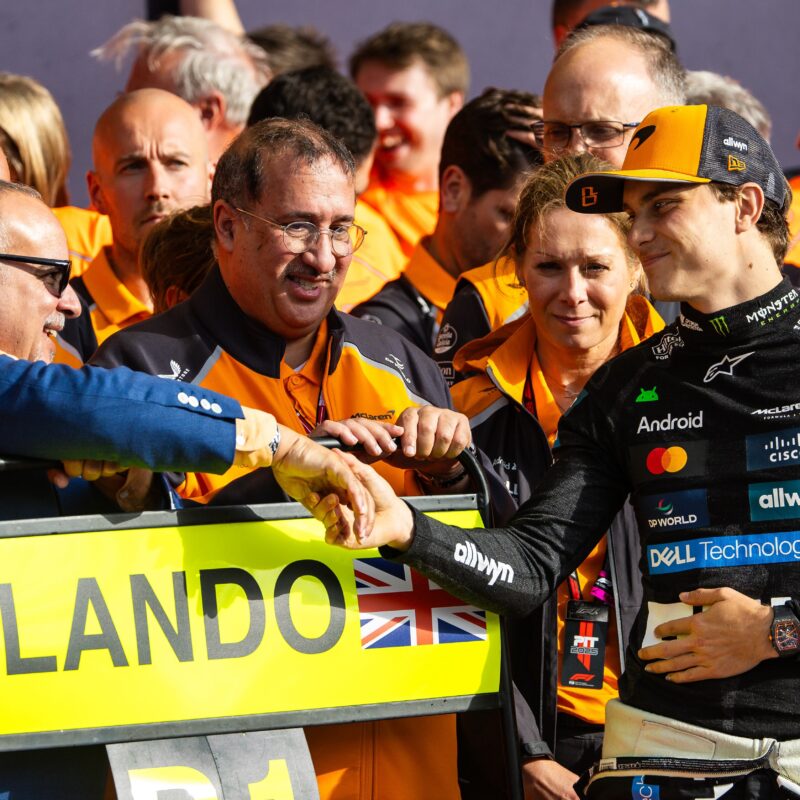Recent Issues
The Weekly Circuit
June 27, 2022
👋 Good Monday morning in the Middle East!
Israeli Prime Minister Naftali Bennett’s coalition government has collapsed and the business community is yawning. As the Knesset, Israel’s 120-seat parliament, debates this week when to schedule the next round...








